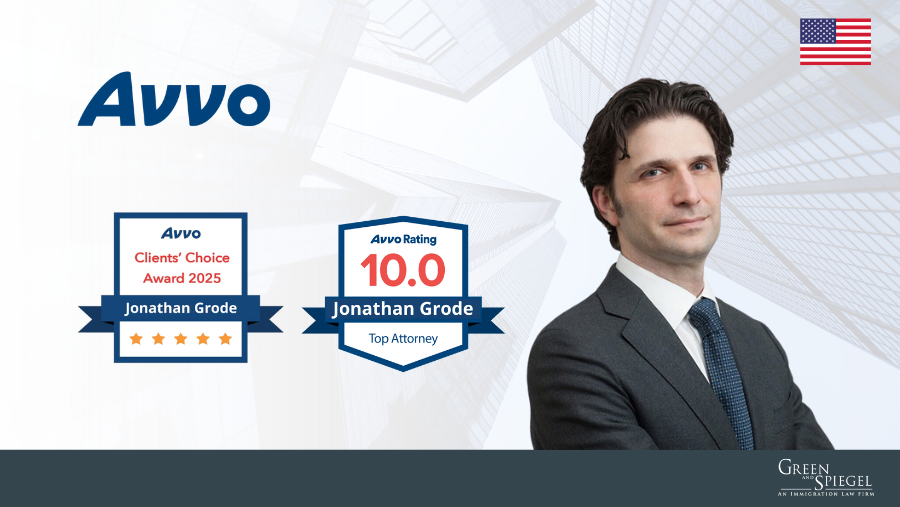On May 14, 2018, U.S. Immigration and Customs Enforcement (ICE) announced a plan to open 15,000 Form I-9 Audits a year as part of a worksite enforcement strategy that includes criminal prosecutions of employers who “knowingly break the law, and the use of I-9 audits and civil fines to encourage compliance”. Looking at the Worksite Enforcement data since 2007, that long-term goal will require greater resources and/or adoption of new approaches.
Given the specific request for Form I-9 Audit Automation Funding in this year’s U.S. Department of Homeland Security’s budget request, it appears that ICE is continuing to push for 15,000 audits and recognizes that manpower alone won’t do it.
That ICE doesn’t have the capacity to reach 15,000 audits per year yet may not be a great comfort to businesses which receive ICE Notices of Inspection (“I-9 Audit”) in coming months. Looking at prior years, we should expect 3 or 4 I-9 Audit “drops” this calendar year, the biggest of them in mid-summer. There is no particular industry more or less likely to receive audits either; it looks like the Administration is intentionally serving Notices of Inspection on companies in different economic sectors and a restaurant is as likely to receive an audit as a meat packaging plant or a construction company.
The bottom line is that I-9 Audits are a real threat to operations, as much because they represent a serious business disruption as because responding to one entails unlooked-for legal, administrative costs, and fines. More serious still are the costs of having to abruptly terminate the employment of anyone who cannot demonstrate that they are authorized to work in the US.
This has been a “contractor’s winter,” during which the ground never really froze and many companies continued working through the winter months. The economy has been running hot too and many companies have struggled with production, given the tight labor market. The last thing most of us want to talk about is hiring and retention matters but the pressure is not likely to let off and the question presented to us is “do we take worksite enforcement on our own terms or let the government dictate it to us?”
We don’t have to be reactive. We can own the process:
- Look at our policies and procedures. When were they last updated and have there been changes in our business that suggest we should look at them with fresh eyes?
- What about compensation? Are we offering compensation that makes our business attractive to high-quality workers, knowing we are competing with other companies in and out of our industry?
- If we lack the margins for offering competitive compensation, have we looked hard at alternatives?
- Who in our business is in charge of these issues and do they have the current information and support that they need to protect our interests?
- If subjected to an I-9 Audit, could we confidently submit Form I-9s for every person employed in the last three years or articulate just cause for any that are missing?
- Do we have a good sense of how discrimination laws can jam us up in bringing our organization into I-9 compliance?
Worksite Enforcement is either something we own or something that owns us. If we wait until we receive Notices of Inspection, ordering us to submit original Form I-9s within 30 days and threatening prosecution and fines for violations, we have no choice but to assume a reactive posture. “The best defense is a good offense” and the best way to approach worksite enforcement is to address the issues at a time and in a way of our choosing.
Green and Spiegel’s Compliance and Regulatory Enforcement Practice is uniquely positioned to assist with these matters. We assess liability in efficient ways that place companies in good positions to make decisions. For companies for which employing only authorized workers is impossible, we have the resources to discretely assess alternatives and help clients take control of their situation. For companies which would benefit from adapting updated policies and procedures, we work with the management team to place the company in the best employment position.
Please give us a call if we can be of assistance.




